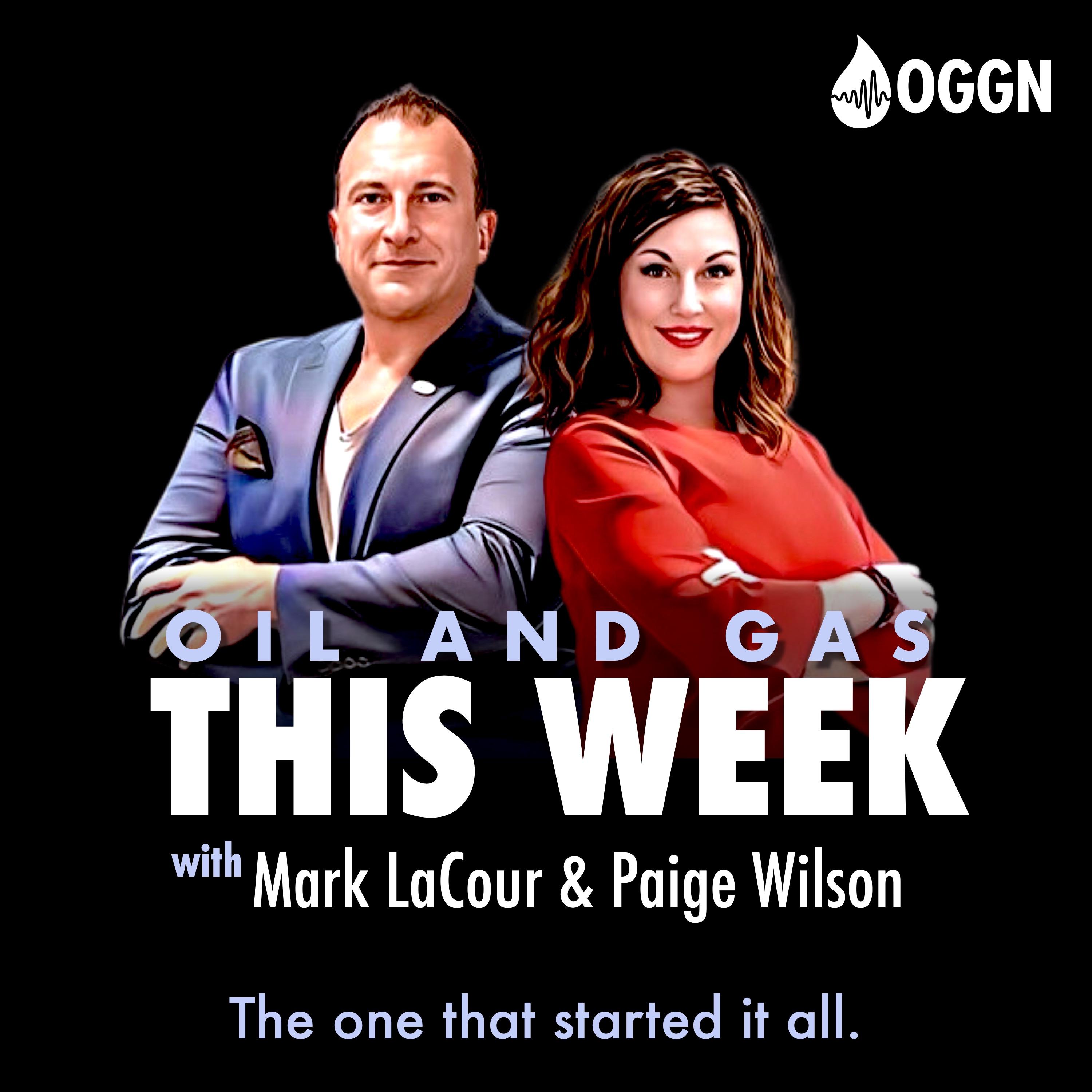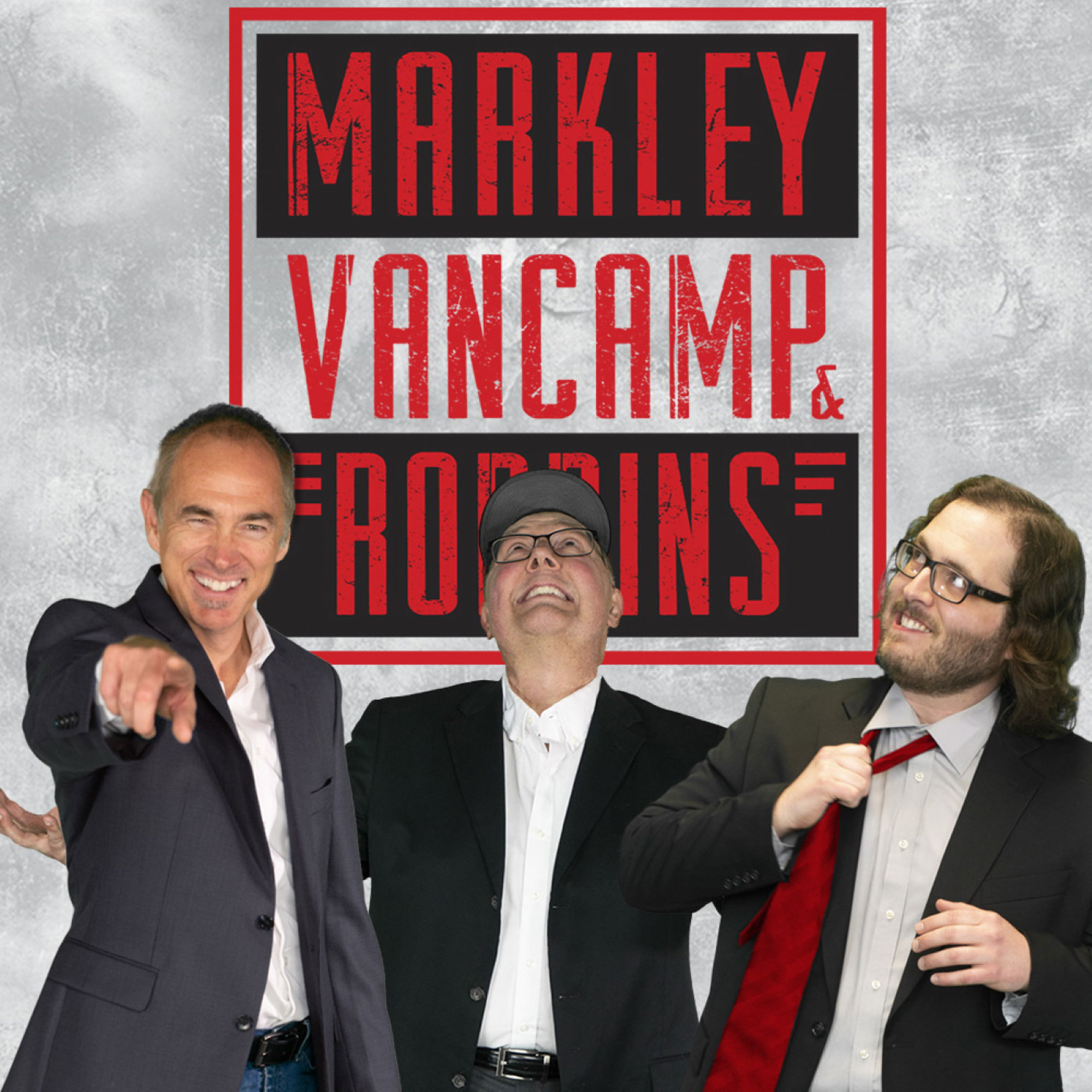.png)
The Crude Cast
Welcome to The Crude Cast, the podcast that takes you behind the scenes of the oil and gas industry. Whether you're a seasoned professional or exploring the industry for the first time, our podcast offers a unique window into the diverse roles, challenges, and opportunities within this dynamic field.
In each episode, we dive deep into:
- Expert Interviews: Conversations with industry leaders, innovators, and experts who share their knowledge and experiences on effective communication, teamwork, and leadership.
- Real-World Stories: Relatable accounts from the field that highlight the essential soft skills needed to thrive in the oil and gas sector.
- Educational Insights: Practical advice and strategies for improving collaboration, navigating tough conversations, and fostering a positive work environment.
- Industry Exploration: Discover the varied and often overlooked roles within the industry, and gain insights into how each contributes to the broader picture.
Our mission is to educate, inspire, and entertain by showcasing the people and processes that make the oil and gas industry tick. Whether you're looking to sharpen your skills, learn about new opportunities, or simply enjoy engaging stories, The Crude Cast has something for you.
Subscribe and join us on this journey as we uncover the rich tapestry of the oil and gas world, one story at a time.
The Crude Cast
Ep. #7 - Transforming Anger into a Positive
Use Left/Right to seek, Home/End to jump to start or end. Hold shift to jump forward or backward.
Discover the transformative potential of constructive communication in the workplace. Rather than letting anger fuel conflicts, learn to channel it into meaningful conversations. Picture a scenario where you and a colleague clash over a decision. Instead of escalating emotions, use open-ended questions to gain insight into their perspective, ultimately fostering a dialogue that seeks resolution, not victory. In these moments, embrace your role as a leader and coach, empowering others to make choices and learn from both successes and failures. Practice patience and empathy when expectations aren't met, seeking solutions together. By fostering a supportive environment, you set the stage for a team continually striving for improvement. Use anger as a catalyst for self-reflection, and remember, sometimes, the priority is guiding others toward growth and equilibrium. Join the conversation on workplace communication, and subscribe for more valuable insights.
Visit:
🌐 www.crudecommunication.com
📺 www.youtube.com/@crudecommunication
💼 www.linkedin.com/in/travismcc
📖 Buy Crude Communication on Amazon
Send us a voice mail HERE!
Support the show for as little as 3$!
How Can You Turn Workplace Anger into Productive Conversations?
Anger has never been the solution to any workplace problem. Instead, let's explore the power of constructive communication when faced with workplace dilemmas. We've all encountered situations that stir our frustration, but it's crucial to channel that energy into meaningful conversations. After all, some individuals are naturally prone to stress.
Picture this: you find yourself in a confrontation with a colleague, questioning their judgment, all because you believe they made an incorrect decision. At this point, emotions can run high, and defenses are raised. However, it all begins with open-ended questions.
What was happening when that decision was made? What did you perceive in that situation? Have you encountered a similar scenario before? Whom did you consult? These questions serve as tools to gather facts, not to provoke, allowing you to comprehend the situation better while offering the other person a chance to explain their rationale.
Remember, it's easy to become upset when you believe someone has erred, but understanding their perspective is paramount. To foster a productive dialogue, start by asking open-ended questions to collect information. This will unveil their viewpoint and the reasoning behind their choice. Once you've gained insight into their perspective, you can share your own and work towards a resolution.
Try asking questions like: What led to that decision? What did you observe? Have you encountered this situation previously? Whom did you consult? Keep in mind that the objective isn't to win an argument, but to have a constructive conversation.
This is the moment for leadership and coaching. It's the time to empower others to make choices, whether they prove right or wrong. Our role is to guide, with the hope that they'll make more right decisions than wrong ones.
Frustration often arises when people fall short of our expectations or fail to meet a basic level of competence. Yet, we must practice patience and empathy, offering the necessary support for their success.
If someone consistently falls short of expectations, initiate a conversation to understand the root cause. They may be facing challenges, and together, you can seek solutions. Sometimes, the solution might involve them transitioning within the company or finding a different role outside.
Ultimately, it's our responsibility to foster a positive and supportive environment where individuals feel safe taking risks and learning from their mistakes. This approach sets us up for success, cultivating a team continually striving for improvement.
The anger that prompts us to criticize others should also lead us to self-reflection. Do these individuals possess sufficient experience and training? Is their judgment reliable? Are they in roles beyond their competency?
In times of anger, we often lose sight of the bigger picture. It's crucial to recognize that sometimes, the priority should be neutralizing a hazard, restoring equilibrium, and guiding the person toward growth and improvement.
Share your thoughts and experiences on workplace communication in the comments below. Let's engage in a constructive conversation on this crucial topic.
Ready for more? Subscribe to our email list for a dose of quality content.
Podcasts we love
Check out these other fine podcasts recommended by us, not an algorithm.

Oil and Gas This Week
Mark LaCour & Paige Wilson
Barn Talk
Tork & Sawyer Whisler
Markley, van Camp and Robbins
Alpha Media
Fresh Cut Grass
Penn State Extension
The Rick Shiels Golf Show
Rick Shiels, Guy Charnock
Truth For Life Daily Program
letters@truthforlife.org (Alistair Begg)
Bellied Up
You Betcha Guy & Charlie Berens
